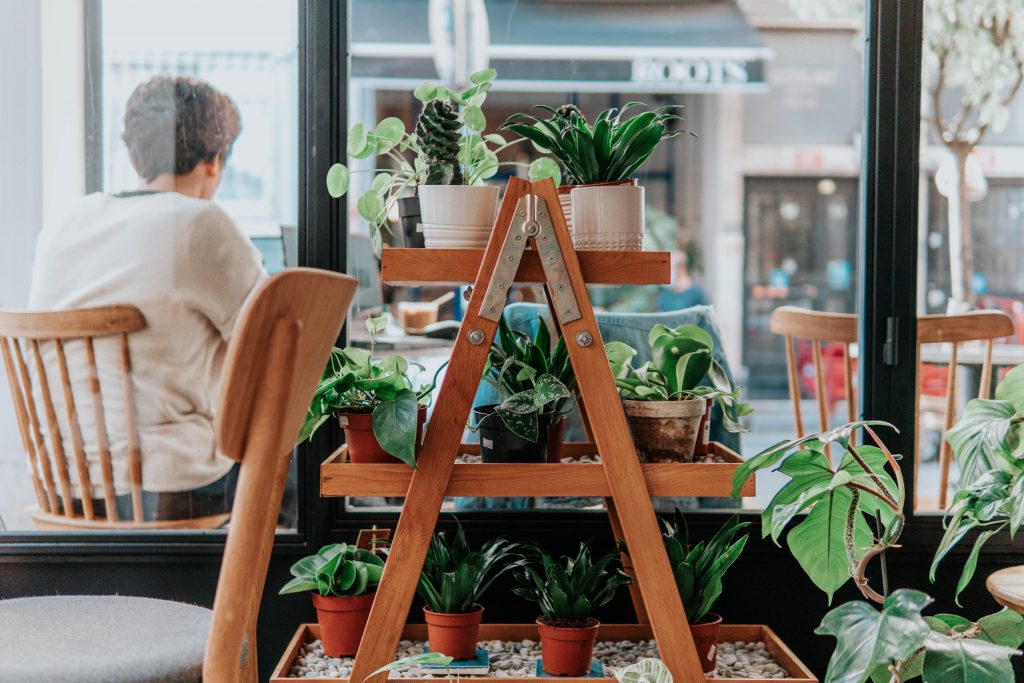
This week it’s the UK’s Mental Health Awareness week, and the theme is nature. Which is never more vibrant than in the blossoming, blooming month of May.
Most people are aware of the mental health benefits that nature bestows. Multiple studies have found that spending time outdoors can elevate your mood, ease the symptoms of depression and boost brain function.
In fact Mind, the mental health charity, found that 94% of people who took part in any outdoor exercise, whether gardening, jogging or just a stroll round the park, reported that it had a positive impact on their mental health. The study even went on to state that ecotherapy can be just as effective as antidepressants in treating mild to moderate depression.
But what if you’re nowhere near nature? For those of us who live in the city, have mobility challenges or young children, then a weekend spent hill walking in Wales is neither practical nor appealing. So if you want the benefits, but without venturing too far from your front door, then these suggestions may work for you.
1. Bring the great outdoors in

If the only space you have is a small balcony, or a large windowsill then this is enough. For inspiration, take a look at Dear Designer who showcases the most beautiful balcony gardens on her blog. What they lack in square metres they make up for in luxury and liveability. They are the perfect place to sip tea, read the papers and take some time away. And even though the gardening and tending involved is on a small scale, the benefits are just as big.
Speaking to the Sunday Times, Psychiatrist and Psychotherapist Sue Stuart-Smith says, “Gardening brings us close to the soil and connects us to nature’s power of renewal in a way that can be both calming and invigorating.
“In anxious times tending plants is providing people with a psychological lifeline.”
The most pleasing and easy to grow plants for small spaces tend to be lavender, sunflowers and tomato plants. Providing the perfect holy trifecta of smelling good, looking good, and tasting good.
2. Find the accessible walks near you
The National Trust have compiled a list of walks which are good for wheelchairs users, parents with pushchairs and people with limited mobility. As a mum of a toddler I wish there were more safe and scenic walks about. The routes should all be flat, with wide paths and even ground. At this time of year there is also every chance that you’ll be surrounded by beautiful bluebells as well. Enjoy.
3. Look for green spaces within your city

If like me you live in a city, and have no desire to leave, then you just have to look for the beauty within those boundaries.
Most cities will have been designed to include green spaces which are more than a children’s play park or a badly kept football pitch. But you may have to do a bit of research to find the best ones. Just last week I was out with my son and we happened upon the Hope Garden In St Albans. Previously I hadn’t known it existed but it gave us a lovely hour running round the daffodils, looking at the bees in the bluebells and having a drink in The Garden of Hope. We both left happier, calmer and feeling revitalised.
In her book, How to do the Work, Dr Nicole LePera writes, “Go outside and just experience any small aspect of the natural environment that is accessible to you. Notice the colours of flowers. Sit under trees. Place your bare feet on to grass or into water. Let the wind blow on your skin. Nature is a natural balancer of our nervous system and gives us a ‘reset.’
Do you know any other ways that nature can work to boost mental wellbeing? Then I’d love to hear them, please share what works for you, below.
